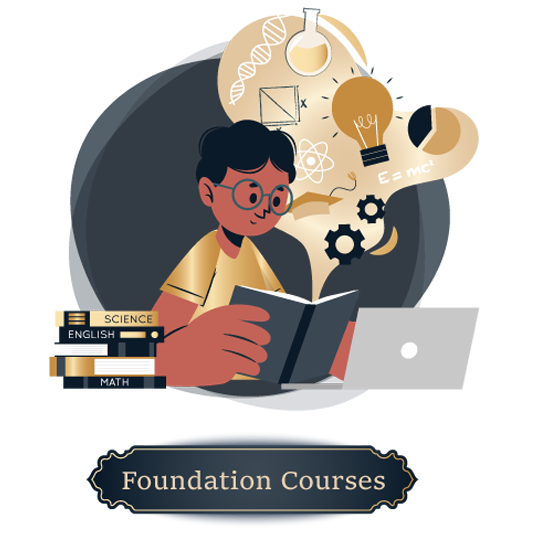
- Plan for biology study time
One of the reasons that science classes are so challenging is that they ask you to look at things you’ve never looked at before. When you take an English class or even a psychology class, you’re often on familiar ground, adding to the knowledge that you’ve gained from former classes or other sources.
2. Make vocabulary flashcards
Studies have shown that you learn more new words in a first-year biology class than you do in a first-year language class. That’s a lot of terminologies. And instructors will introduce a term to you just once and then test you on it later.
Flashcards are a great memorization aid. Spend at least one hour of your study time a week making and studying flashcards. Put the new term on one side of the card and the definition on the other side. Go through your stack and test your ability to remember the meaning of each term. When you get a card right, put it in a separate stack. Keep practicing with your other cards until you get them all right.
3. Pace yourself
Your brain has two kinds of memory — short-term and long-term. Have you ever listened to your instructor explain something and thought, “Cool, I totally get that,” but then later found yourself scratching your head trying to remember the details of what you learned? That’s because you had the idea or process in your short-term memory but didn’t get it fixed in your long-term memory.
4. Study actively, not passively
Reading alone won’t get most people a good grade in a science class. To store information in your long-term memory, you have to use the information actively. You can practice what you learn in several ways:
5- Draw processes and structures.
Take out some blank paper and try to draw the things you’re learning about. Label everything and explain the concepts to yourself as you go along. Peek at your notes when you have to, but keep repeating the process until you don’t have to peek anymore.
- Explain things to others.
- If you study alone, you can explain things out loud to yourself. Or explain things to your significant other, your parents, your kids, or even your cat.
- Answer questions at the back of your book chapter.
Instructors often recommend questions to go along with the reading. These questions are good practice, especially the critical thinking questions that ask you to think about real-life scenarios and apply what you’ve learned.
Frequently Asked Questions
Tiba Alarabya Institute is a specialist institute dedicated to teaching the classical Arabic language, Quran, and Islamic Sciences online.
We are located in Egypt.














